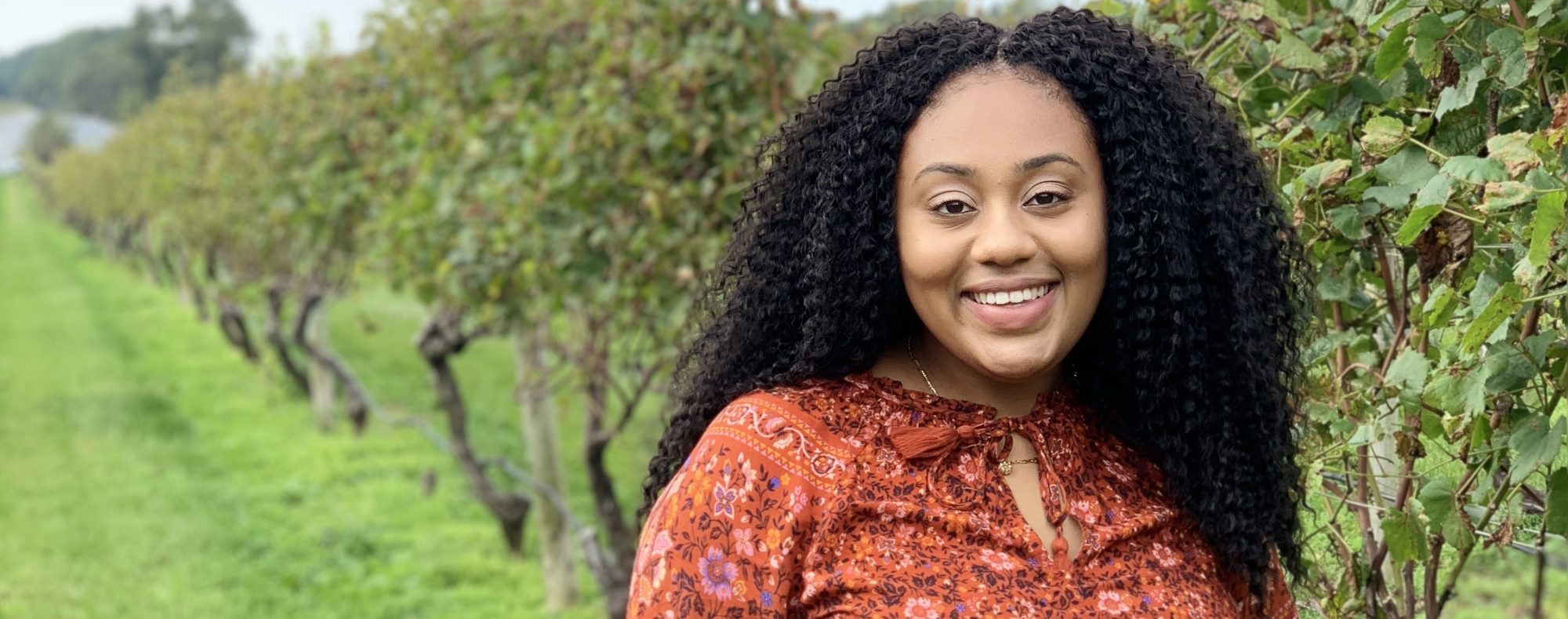Theories of aging are thought to have originated around 3000 B.C.E (Bengston, 2009). Oftentimes people associate negative ideologies with aging, because of a lack of empirical research. American society has painted a representation of older adults that coincide with negative perceptions which are reflected in television and social media. I remember as a child watching cartoon network, where the perception of a ‘typical old person’ was painted for me. ‘Courage the Cowardly Dog’ was a tv show about a dog with paranoia who lives with his owners an older couple, Eustace and Muriel. In order to save his owners from the unconventional situations, courage had to overcome his fears. In the show Eustace had a hunch in his back, he had no teeth and enjoyed sitting on the couch all day watching tv. Both, Eustace and Muriel, had really thick glasses lenses, implying older adults have very poor vision. They would randomly fall asleep as soon as they took a rest/break. These are some of my first memories of what life looks like when you’re older.
The false narrative truly came to life for me when my mother took me to her job. My first time in a nursing home/care facility for older adults was when I was eight years old. I distinctly remember the smell, the frail bodies, and wrinkly pale skin. As a child, I remember being frightened of older adults. Especially old people in nursing homes. The disengagement theory was a thought I believed was my own. Elaine Cumming and William E. Henry introduced this idea in their book in 1961. The disengagement theory claimed it was normal and inevitable for people to decline their activity levels and seek more submissive roles as they age (Bengston, 2009). The elderly would remove themselves from society to be less of a burden to others. This theory does not represent all older adults, there are individuals who are consumed by the imagery of this stereotypical theory. Most people fear to get older which triggers the individual to feel worthless, this is when the disengagement theory presents itself. For example, an older woman named Ana was a crossing guard and has retired. Ana’s children have grown up and started a family of their own. Ana took pride in assisting her family and friends, now she is in an assisted living home being cared for by strangers. Ana has lost her zeal and feels that getting older has taken away her independence and productivity. She never wanted to be like the old people on tv, and now she feels that her decline in productivity makes her useless, so she stays keeps to herself, contacts none and waits for her expiry period. However, this most certainly is not all adults. Ana has a similar story to my grandmother, Carmen. My grandmother was extremely active well through her 60s, she was like a second mother to my siblings and I. Carmen would cook, clean, shop, travel, engage in community work and so much more. Although Carmen was aging, she was involved in her children and grandchildren’s lives. She did not feel worthless, although her body was changing, she acknowledged it and kept on going. My grandmother taught me how to be independent and responsible from a very young age. I try my very best to implement those lessons in my daily life and for that, I am grateful because her nurturing has given me the opportunity to view life optimistically.
As I became older, I learned that the positionality and resources a person has factors into their aging transition. Culturally I have noticed that people of color tend to keep their elders involved and active within the family, and this source of need provides self-assurance. Older adults with more access to wealth have access to better medical treatment, food, living conditions and this is an advantage compared to homeless aging adults who have no access to shelter or medical treatment. If we look back into history, we can see that people of color were forced to work jobs that require physical labor and these jobs often were off the books and did not offer social security, whereas white people were privileged to those benefits, which made retirement peaceful, knowing they had money secured and less physical health issues. There are many myths and stereotypes that feed into the idea of older adults living boring lives without intimacy, always being tired, weak and fragile but this is far from the truth.
My perception of aging has changed throughout my life, cartoons and mass media no longer depicts this false narrative that severe loss of senses is normal and that to grow old is to be unproductive. The more we have conversations about aging, and health we can diminish the stereotypes and myths associated with older adults. As an emerging social worker, I will continue to engage all those whom I come in contact, hoping to change their perspective on this theory.



